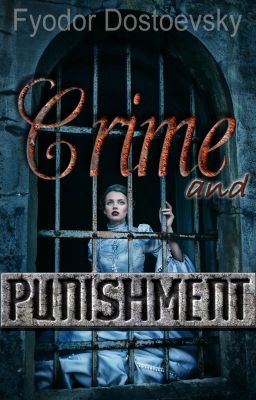
- Reads 127
- Votes 1
- Parts 1
- Time 1h 1m
Complete, First published Mar 20, 2018
"The Legend of Sleepy Hollow" is a short story of speculative fiction by American author Washington Irving, contained in his collection of 34 essays and short stories entitled The Sketch Book of Geoffrey Crayon, Gent.. Written while Irving was living abroad in Birmingham, England, "The Legend of Sleepy Hollow" was first published in 1820. Along with Irving's companion piece "Rip Van Winkle", "The Legend of Sleepy Hollow" is among the earliest examples of American fiction with enduring popularity, especially during Halloween because of a character known as the Headless Horseman believed to be a Hessian soldier who lost his head to a cannonball in battle.Public Domain
Table of contents
Sign up to add THE LEGEND OF THE SLEEPY HOLLOW (Completed) to your library and receive updates
or
You may also like
You may also like



















